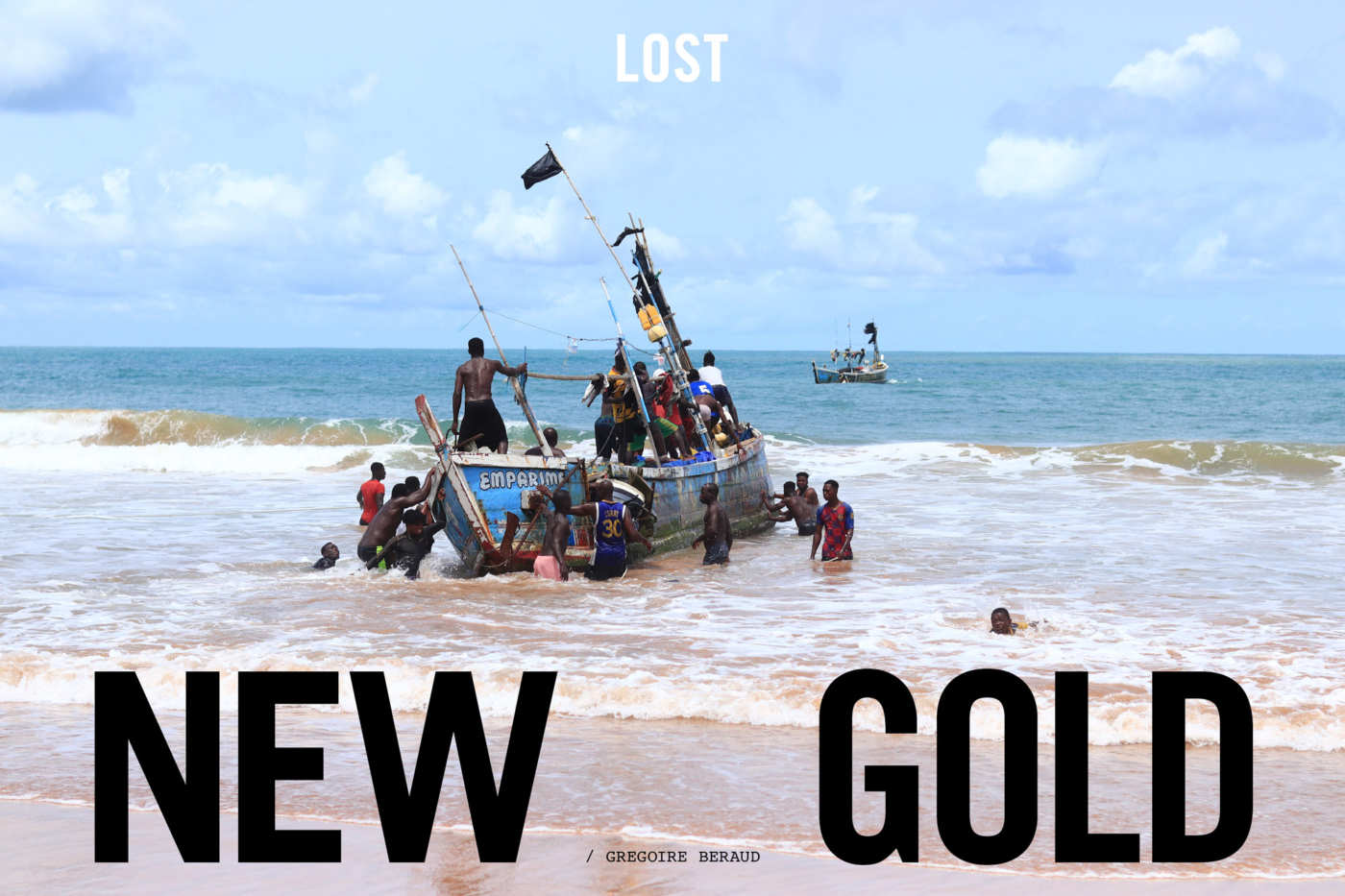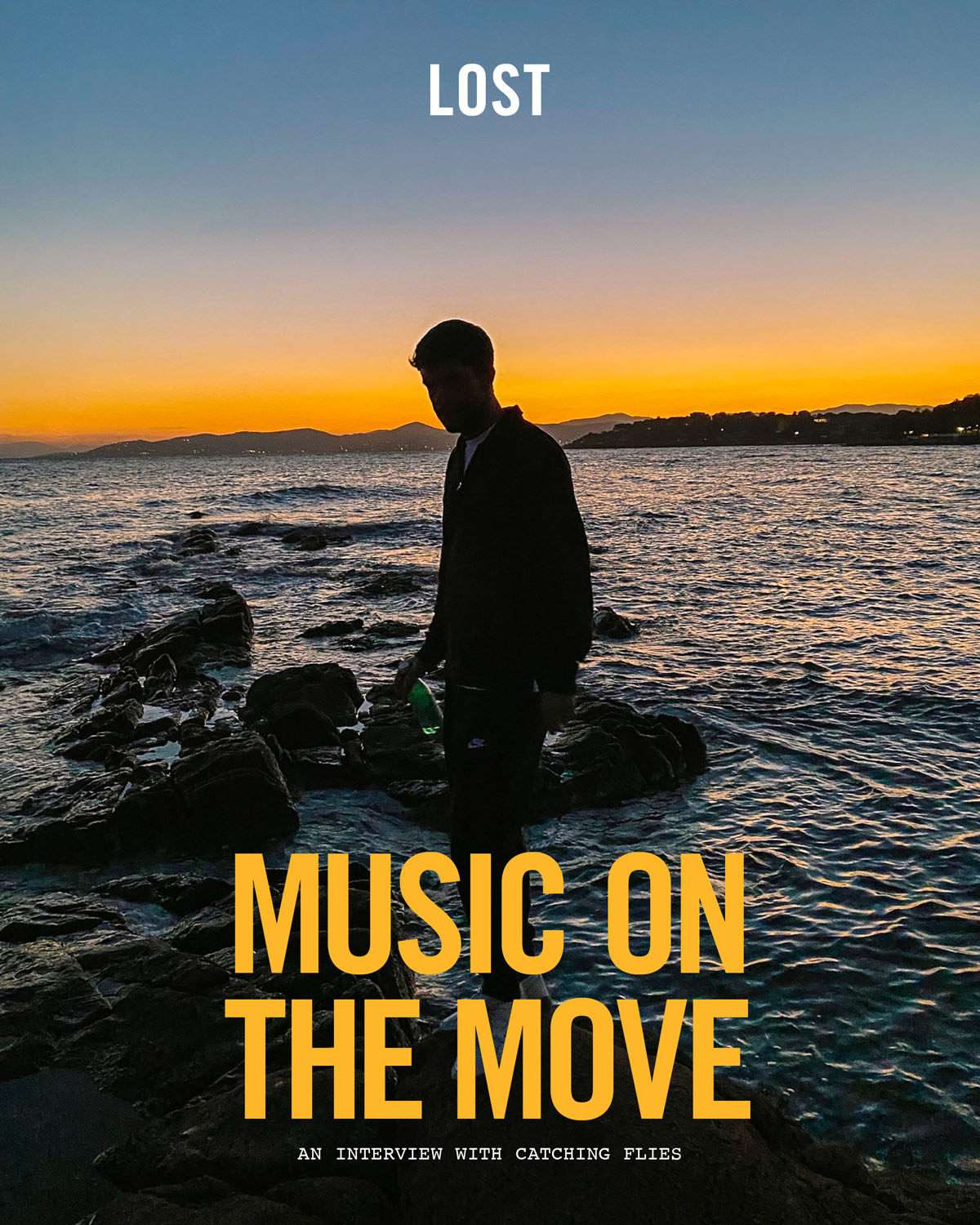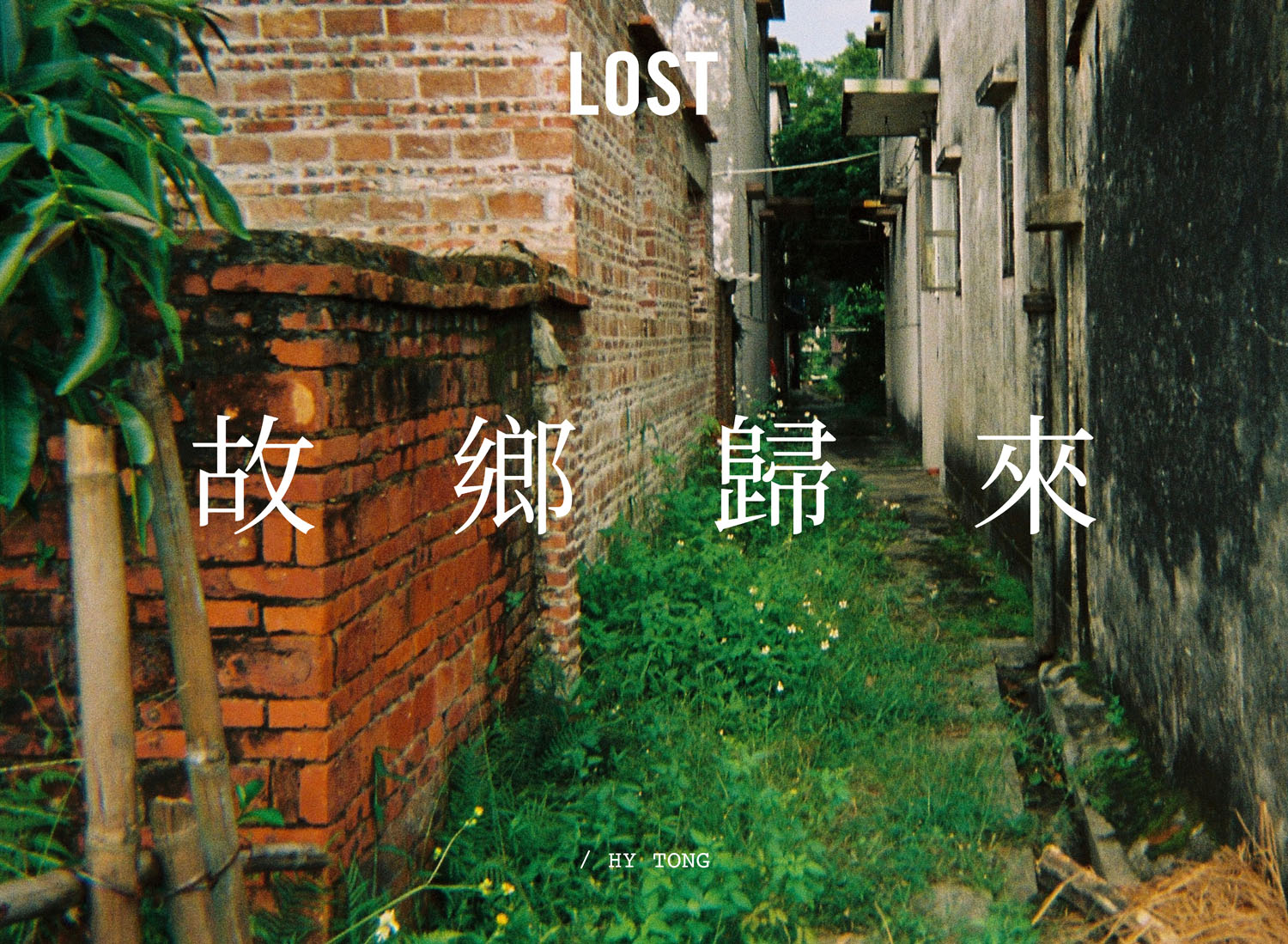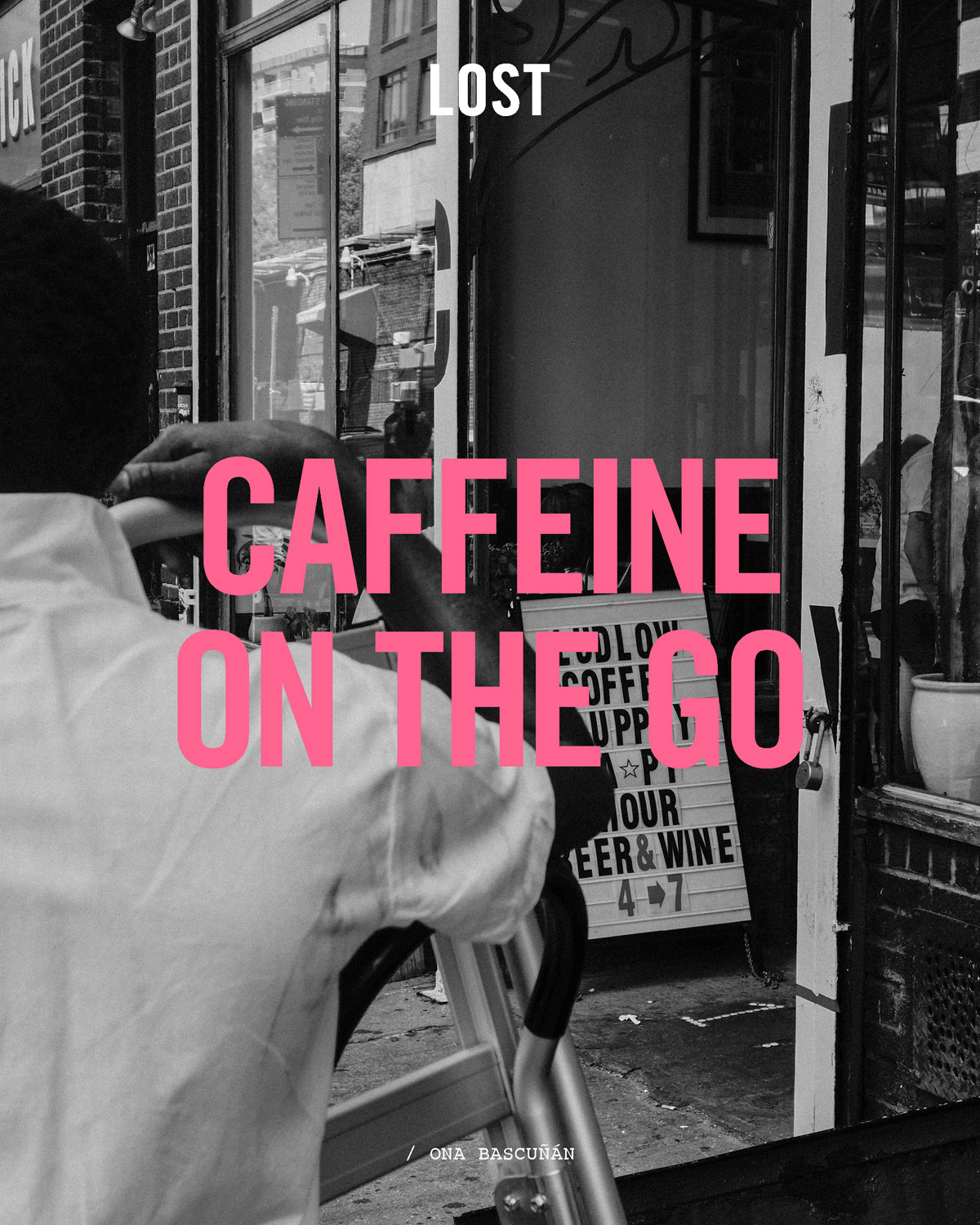BY GREGOIRE BERAUD
For more than 130 years, Gold Coast was the name used by British colonists to designate Ghana. Steeped in violence and tragedy, it is no surprise that once the country gained its independence in 1957, the name was quickly discarded. However, more than 65 years later, while I was preparing for a trip there, I found myself wondering: could I find gold along Ghana’s coast? It quickly became evident that the response should be metaphorical: the region’s wealth lies in its inhabitants and their relation to the sea rather than in its minerals.
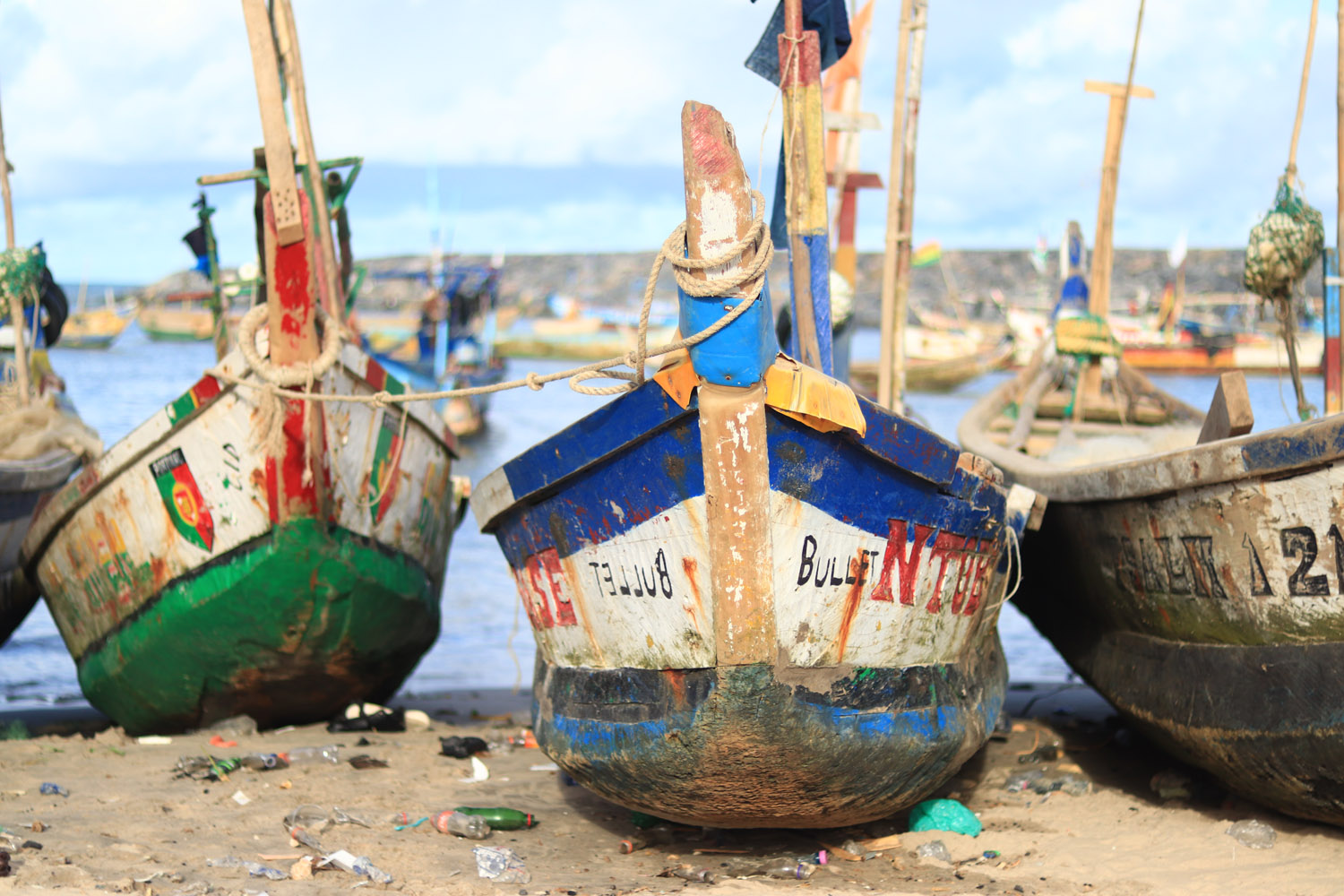
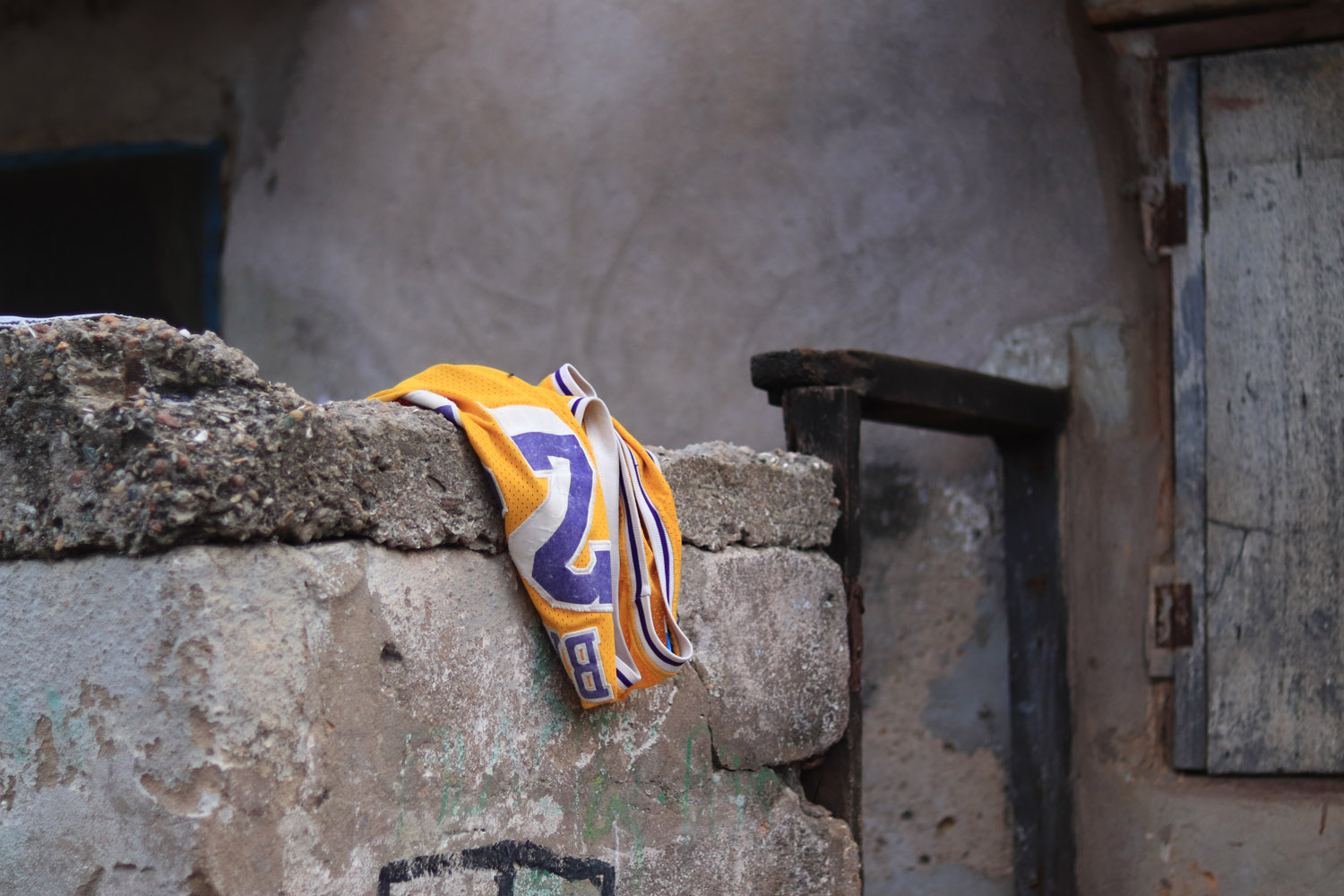
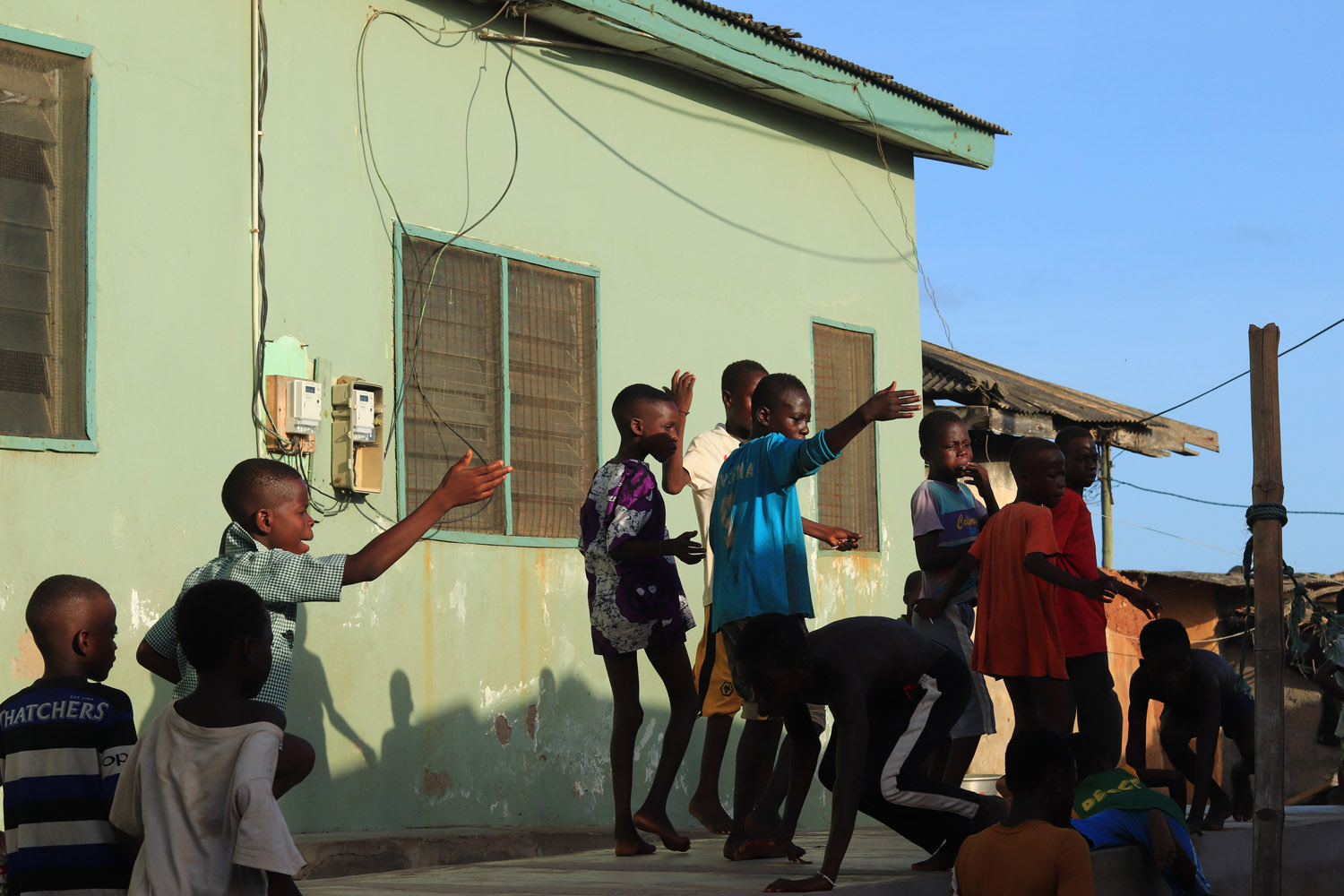
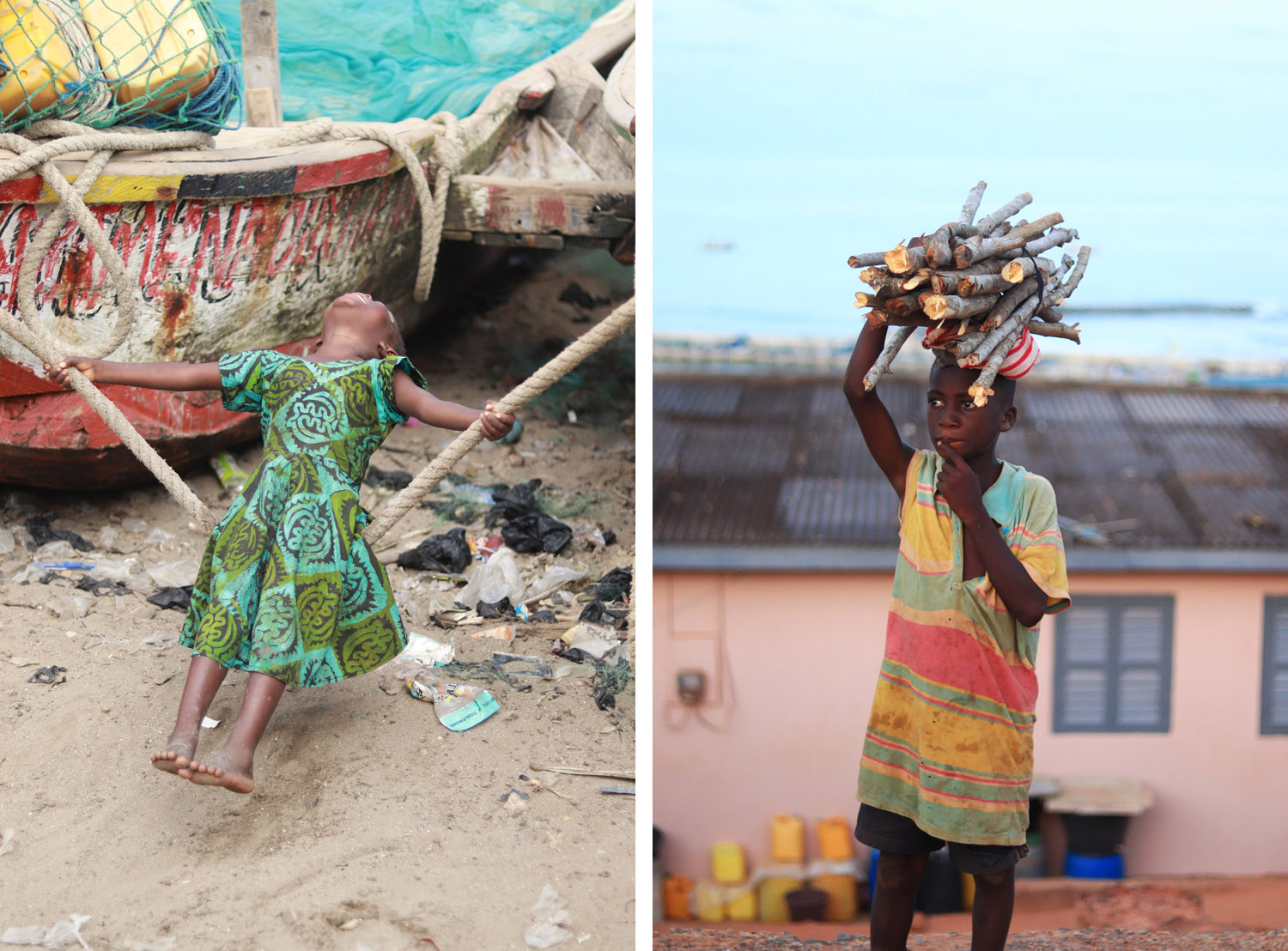
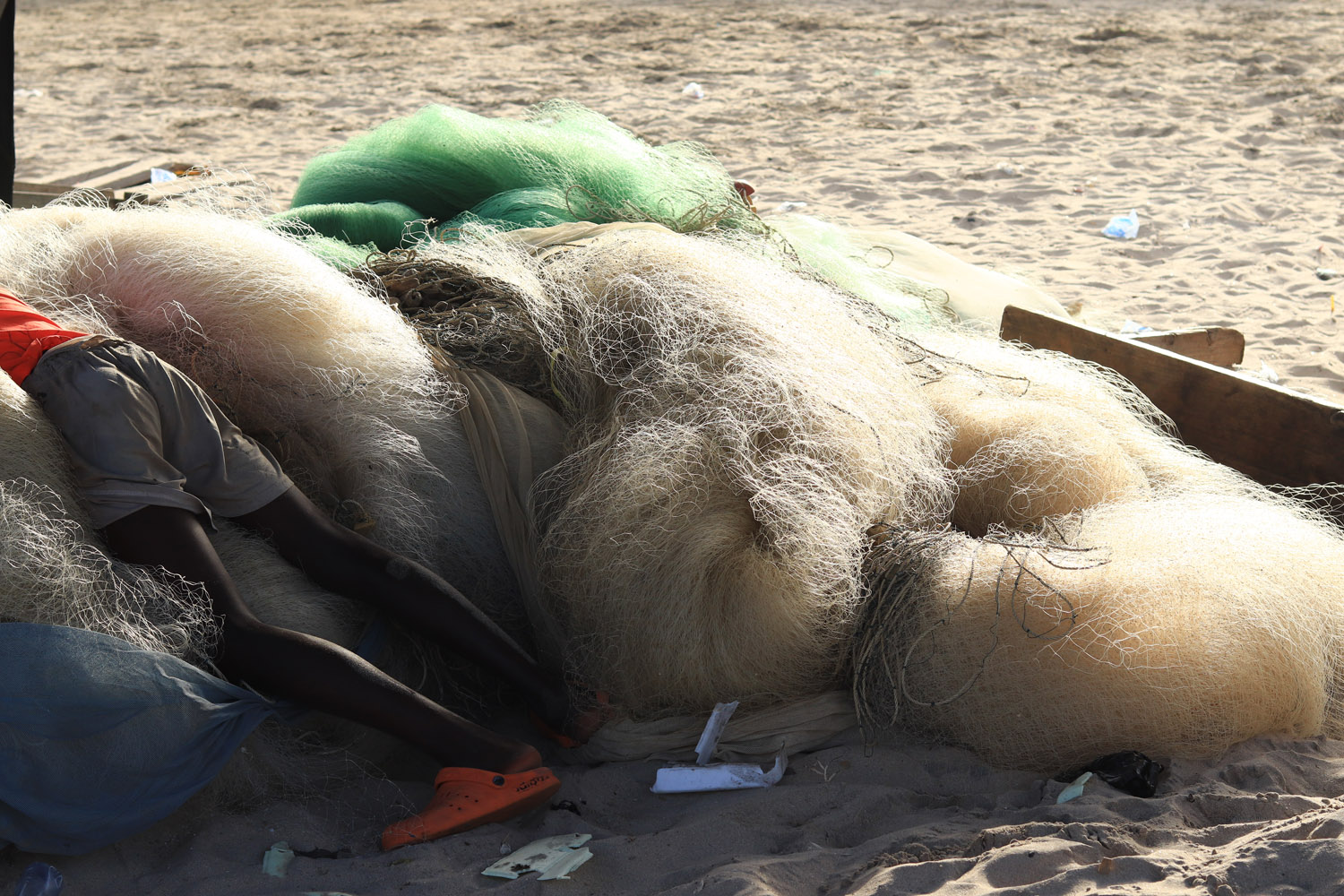
With this realization in mind, my journey took on a wholly different flavour. Instead of checking items off a must-see list, I was wandering from one fishing village to the next, trying to understand what made each one unique — here it was the funeral rite I was taking a part in, while there it was the type of nets I was entangling. On my way from Ada Foah to Axim, what mattered most was meeting people, playing cards with kids and tasting their home-made cooking. Waking up early to see off fishermen was no longer a constraint. As I completely imbued myself with Ghana’s coastal life, culture and traditions liberated me. It showed me a way of living that I thought I had forgotten — simpler but more joyful, with an emphasis on making the most out of each day. After a few days, I became aware that my mind was freer than it had been in a long time, and my photography truly connected to the place I was visiting. I had managed to capture the essence of coastal Ghana, with the Gulf of Guinea — long synonymous with sorrow and death — serving as the background thread that ties all lives together.
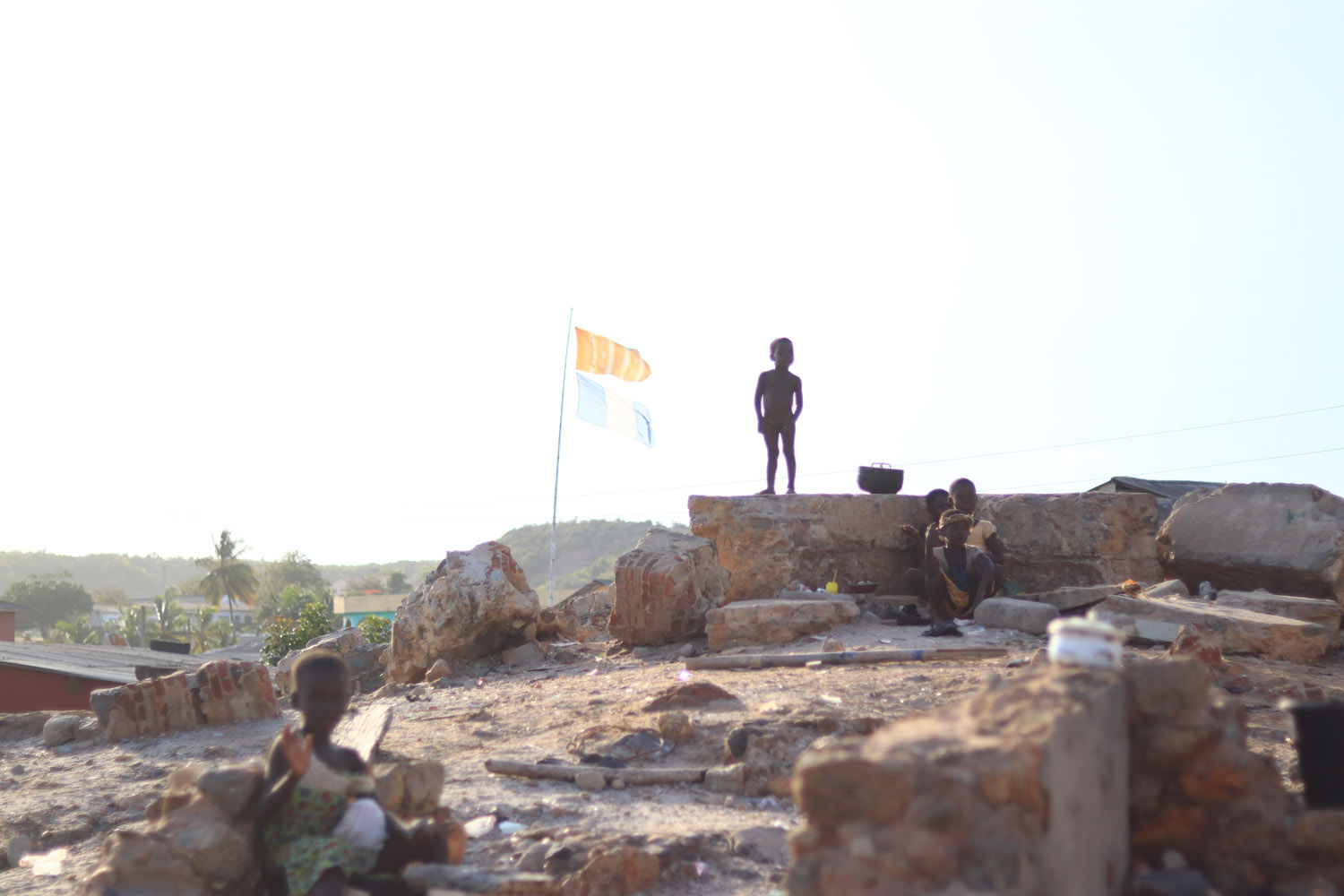
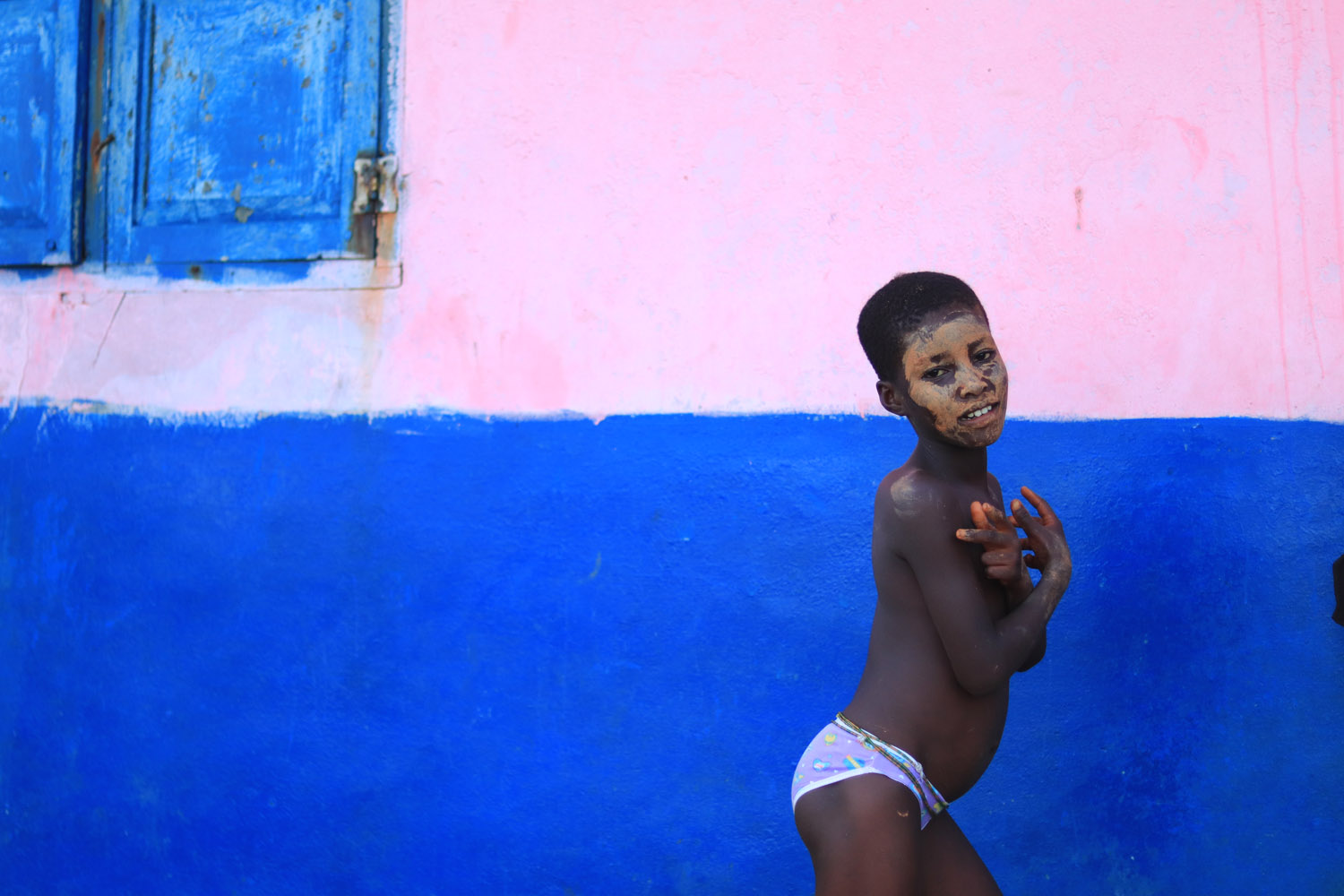
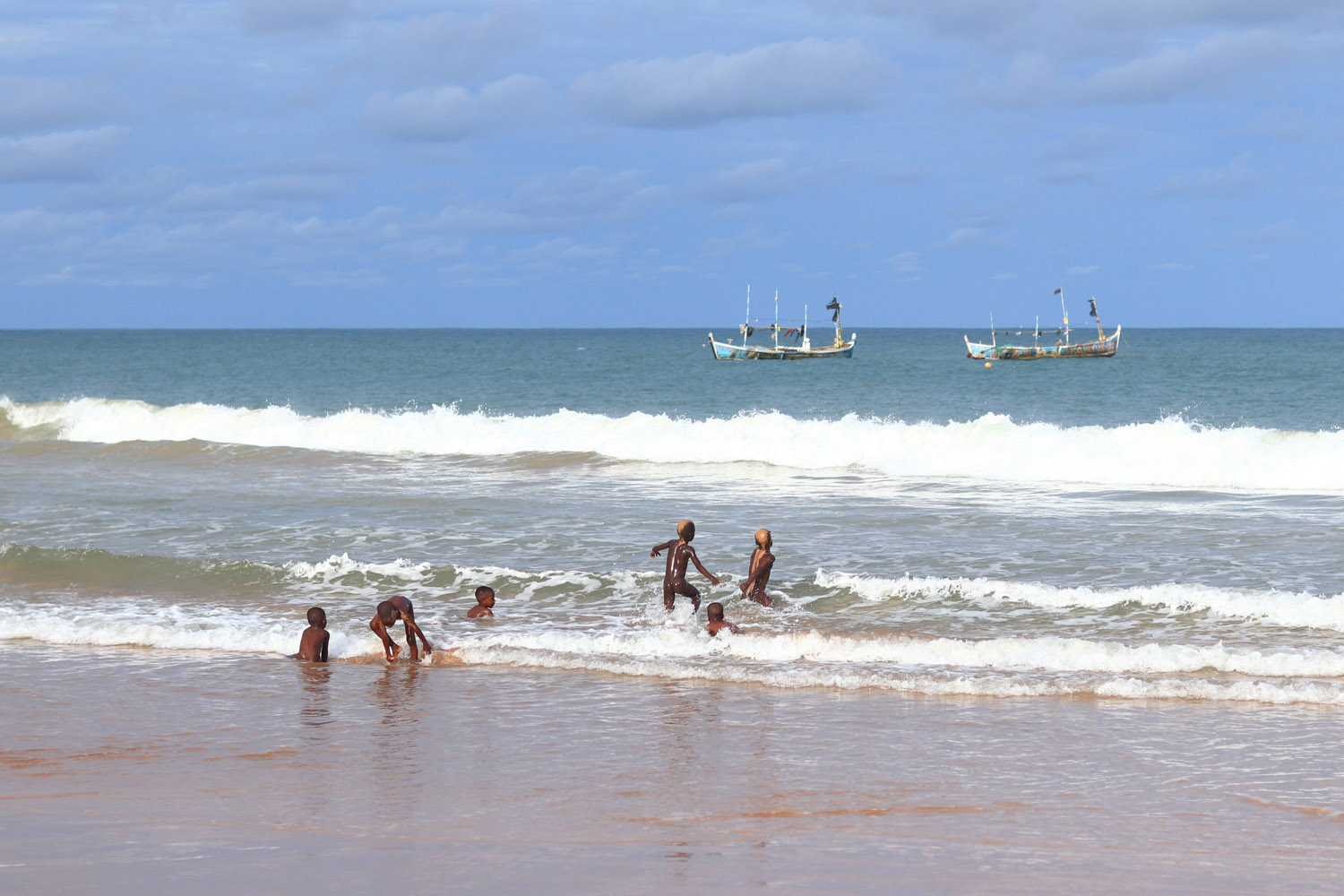
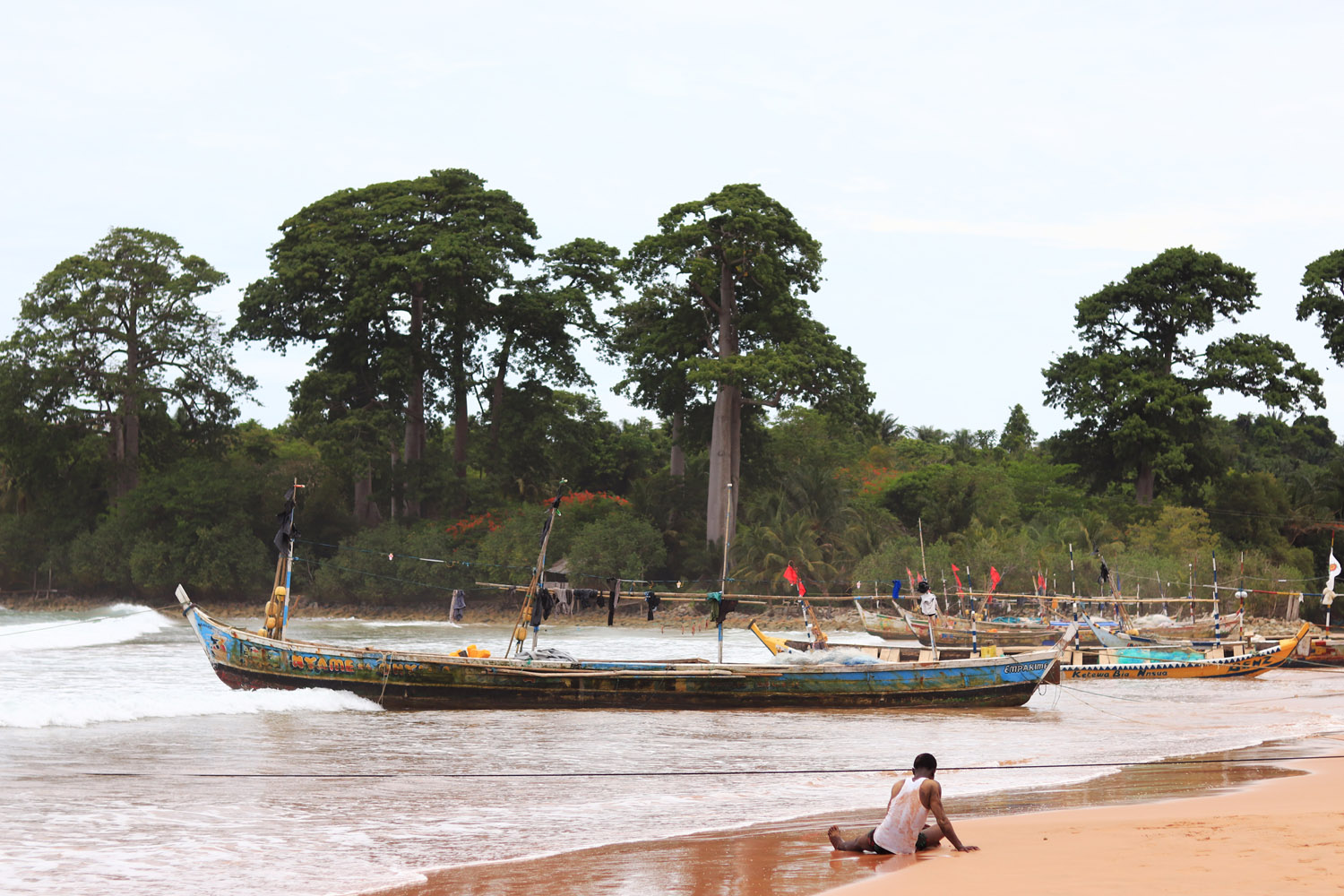
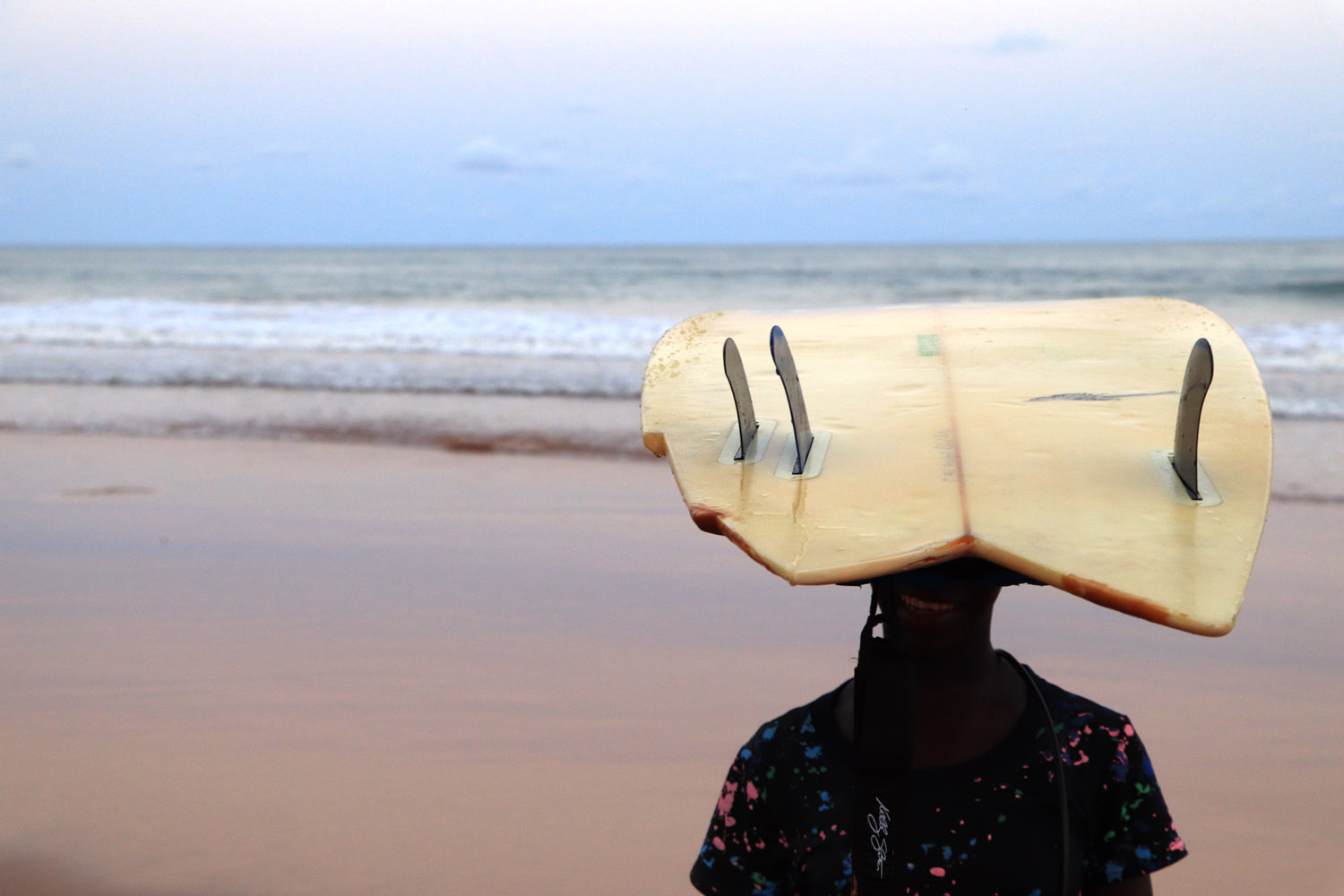
GREGOIRE BERAUD is a French documentary photographer based in Paris. He specializes in environmental stories where frictions exist at the frontier of nature and civil society. His long-term projects focus on how rural populations from the majority world are the most impacted by climate change.
